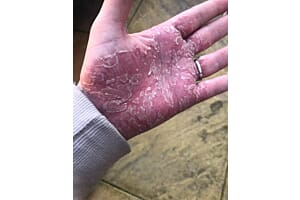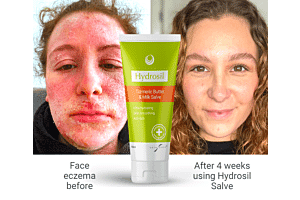Question: I am about to go travelling for a few months, but am worried about getting an upset stomach. Do you have any tips?
16 September, 2008
Answer: Travellers tummy, as it is sometimes known, is caused by unfriendly types of intestinal bacteria getting into your system through dirty water or contaminated food. There is a greater risk of illness in hotter climates because it is more difficult to preserve food.
Although diarrhoea and sickness are unpleasant, they are not normally dangerous and treatment is simple. Firstly it’s important to remember that not all bacteria are bad for you, the bacteria in your gut are made up of ‘good’ and ‘bad’ bacteria.
Topping up on the good bacteria may help keep your bacteria levels balanced. One product that’s very good when travelling is Higher Nature’s ProBio Daily, which provides a powerful, probiotic that isn’t sensitive to heat, so you can take it abroad with you and don’t need to store it in a fridge. One tablet contains 150 million bacteria, a level determined by scientific studies. As a precaution you could take one tablet daily (starting two weeks before departure). If you already have diarrhoea or vomiting already, take three daily and drink plenty of water.
It also pays to take precautions to avoid an upset stomach. While away, be aware of the following suggestions:
1. Always wash your hands with soap before eating or preparing food.
2. Peel all fruit and vegetables. Avoid salads and any uncooked food that you haven't peeled or shelled yourself.
3. Meat should always be cooked through and steaming hot.
4. Don't eat uncooked shellfish such as oysters.
5. Food cooked to order is much better than "buffet" style foods, which may have been kept lukewarm for some time.
6. Avoid ice unless you're sure it's been made with chlorinated water.
7. Ice cream can cause tummy upsets if it's been allowed to thaw and refreeze, so avoid it if you have any doubts about the retailer.
8. Make sure water is safe. Use bottled or boiled water for drinking, washing food and brushing teeth.
These precautions should help keep those nasty bacteria at bay.







